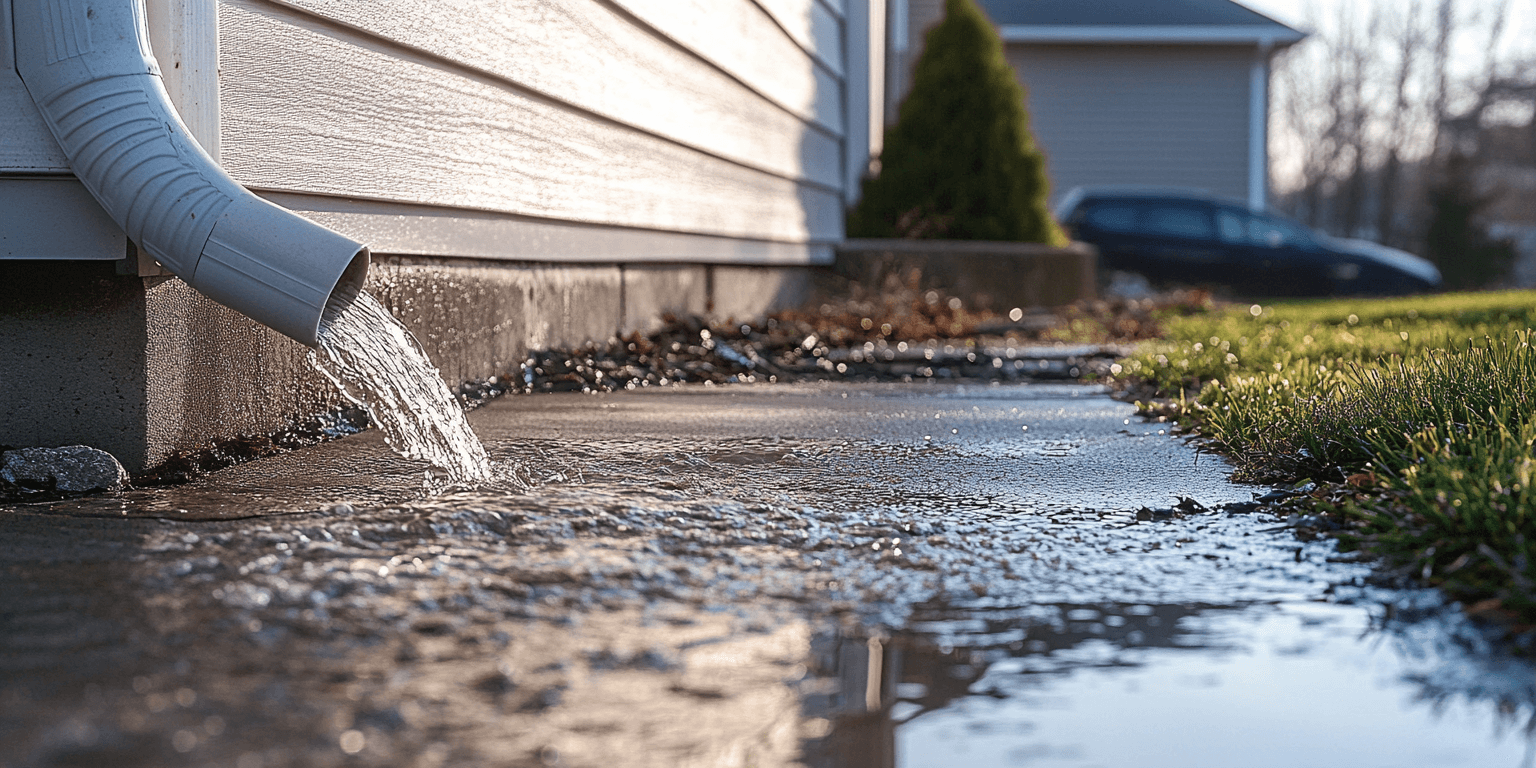A home inspection is an essential part of the buying or selling process, revealing potential problems that could affect the value or safety of a home. At 1st Choice Inspection Services TREC#9175, we often encounter recurring issues that could easily be avoided with routine maintenance and care. Identifying these problems early can save homeowners from costly repairs and make the inspection process smoother for both buyers and sellers.
In this guide, we’ll cover the most common issues found during home inspections and how you can avoid them to ensure a successful transaction.

Whether you're selling a home or buying one, understanding common inspection problems can help you avoid unnecessary surprises. For sellers, addressing these issues before listing the property ensures a smoother sale, while buyers can make informed decisions about potential repairs.
A home inspection provides a detailed evaluation of a property’s condition, so it’s critical to know what might come up during the inspection and how to proactively address it.
Here are the most frequent problems that our team at 1st Choice Inspection Services uncovers during inspections and why they matter:
How to Avoid It: Regular roof maintenance is key. Homeowners should inspect their roofs periodically for missing shingles, debris, or signs of wear, and have any issues repaired immediately to prevent water damage.
How to Avoid It: Ensure that your gutters are cleaned regularly, downspouts extend at least six feet away from the foundation, and the ground slopes away from the home. Proper landscaping and drainage systems can help prevent water-related foundation issues.
How to Avoid It: Have a licensed electrician assess your electrical system, especially if your home is older or has undergone extensive DIY repairs. Upgrading the electrical panel, ensuring outlets are properly grounded, and addressing any visible wiring issues can prevent safety hazards.
How to Avoid It: Regularly check for signs of water leaks, such as damp spots on walls, ceilings, or floors, and address any issues immediately. Replacing outdated pipes and performing routine maintenance on water heaters and fixtures can also prevent problems down the road.
How to Avoid It: Schedule regular maintenance for your HVAC system, including changing filters, cleaning ducts, and having a professional technician check the unit’s efficiency. Proper care of your HVAC system ensures it runs smoothly and extends its lifespan.
How to Avoid It: Ensure proper drainage around the home and regularly inspect the foundation for cracks or signs of movement. Addressing small cracks early can prevent larger structural issues from developing. If you're unsure, consult a professional to assess the severity of any foundation concerns.
How to Avoid It: Make sure your attic is well-insulated and properly ventilated to allow air circulation. Adding insulation where needed and checking for signs of moisture buildup can improve energy efficiency and prevent future problems.
How to Avoid It: Schedule regular pest inspections and take preventive measures, such as sealing cracks, keeping wood piles away from the home, and addressing any moisture issues that might attract pests. Termite treatments and barriers can help protect your home from infestations.
How to Avoid It: Address water leaks and damp areas as soon as they are identified. Ensure proper ventilation in areas prone to humidity, such as bathrooms and kitchens, and use dehumidifiers in spaces like basements to reduce moisture levels.

If you're selling your home, it's a good idea to address these common issues before the inspection takes place. At 1st Choice Inspection Services, we recommend taking these steps to ensure your home is ready:
Document Repairs and Updates: If you’ve recently made improvements to your home, keep documentation handy. This shows buyers that you’ve been proactive in maintaining the property.
Being proactive about home maintenance is the best way to avoid surprises during the inspection process. By addressing common issues early, you not only protect the value of your home but also provide peace of mind to potential buyers. At 1st Choice Inspection Services TREC#9175, we help homeowners identify problems before they become major repairs and offer recommendations to keep your home in top shape.
Whether you're buying or selling, a home inspection is your chance to ensure that the property is safe, sound, and ready for the next owner.
The most common issues include roofing problems, poor drainage, electrical hazards, plumbing leaks, HVAC inefficiencies, foundation cracks, and pest infestations.
Preventive maintenance is key. Regularly inspect your roof, foundation, plumbing, and electrical systems, and address minor repairs before listing the home. Routine maintenance will help avoid bigger issues during the inspection.
It’s recommended to inspect your roof and foundation at least once a year, especially after extreme weather. Addressing small problems early can prevent larger, costlier repairs down the road.
Improper drainage leads to water pooling around the foundation, which can cause structural damage. Ensuring proper grading and maintaining gutters and downspouts helps prevent water-related issues.
Yes, older homes often have outdated electrical systems that may not meet modern safety standards. Regular inspections and upgrades can help prevent potential hazards.
To prevent mold, address any water leaks immediately and ensure proper ventilation in areas prone to moisture, such as bathrooms and basements. Use dehumidifiers if needed to control humidity levels.